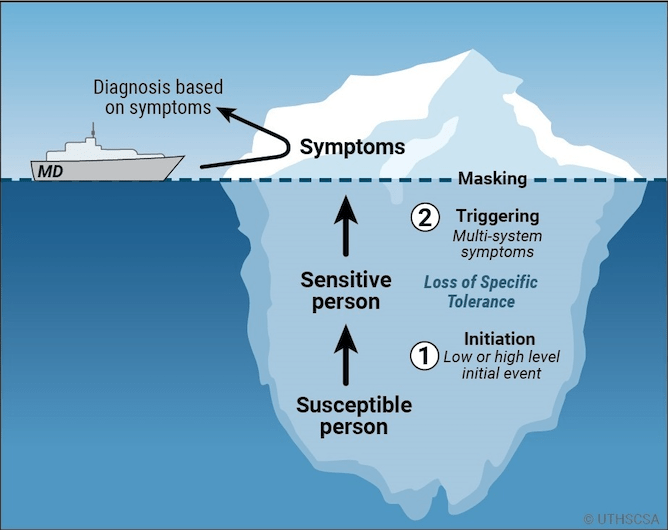UCI study links air pollution, adverse ovarian function in female mice
A type of air pollution known as fine particulate matter or PM2.5, can cause loss of ovarian function in female mice, due to depleted primordial, primary and secondary follicles, according to a recent study led by Ulrike Luderer, MD, Ph.D., UCI professor of environmental and occupational health and corresponding author. Premature ovarian failure, often called premature menopause, is associated with an increased risk of negative health outcomes in women, including osteoporosis, cardiovascular disease and Alzheimer’s disease. The team’s findings, published online in the journal Particle and Fibre Toxicology, showed that PM2.5 exposure in mice disrupts ovarian follicle growth, a cellular process essential to development of the female reproductive system. “Up until this point, there’s been very little research in this area on the links between air pollution exposure and ovarian function, which is linked to other adverse health effects in women,” Luderer says. “Our team aims to fill gaps in the literature and bring visibility to the subject.”


